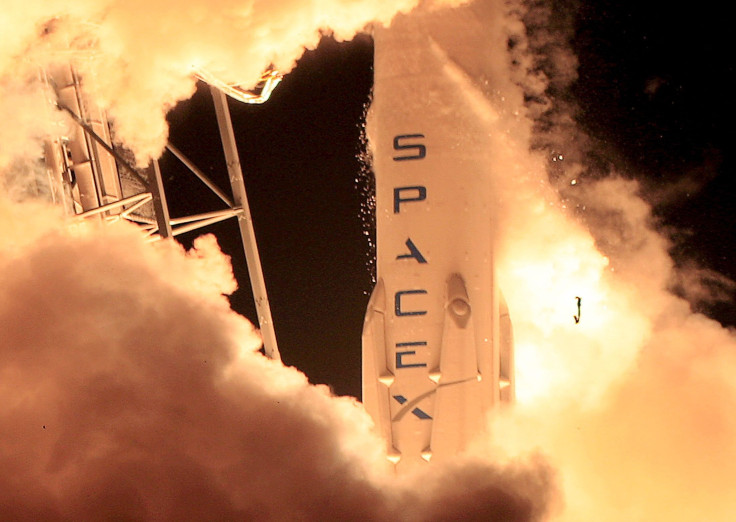When Will SpaceX Launch Again 2017? After Falcon 9 Explosion Report, Musk's Company To Carry Iridium Satellite Sunday

Just over four months ago, SpaceX encountered one if its biggest setbacks in the company’s nearly 15 years of existence. A rocket set to carry a satellite into space exploded on a Florida launch pad then, grounding the company for the rest of the year. But, after announcing they had identified the problem this week, the aerospace manufacturer is set to achieve liftoff once again Sunday.
The explosion came down to a split second of disaster, SpaceX announced Monday in an anomaly update. After investigators reviewed 3,000 channels of video and data there were just 93 milliseconds between the first sign of a problem and the explosion. After a full review of available information, SpaceX said that the explosion was caused by one of three vessels storing cold helium that are used to maintain tank pressure in a liquid oxygen tank in the Falcon 9 rocket.
Targeting return to flight from Vandenberg with the @IridiumComm NEXT launch on January 8. Update: https://t.co/15yMaiobpX
— SpaceX (@SpaceX) January 2, 2017
Should SpaceX make good on its plan to launch on Jan. 8 it will carry the first of 10 satellites that the voice and data network Iridium plans on sending into orbit. The Iridium satellite was the next launch scheduled on SpaceX’s manifest when the Falcon 9 exploded Sept. 1. The remaining Iridium Next satellite launch plans haven’t been finalized,
Last year’s explosion proved painful for the company. While it was grounded, the company lost out on some potentially lucrative launch contracts including one with Inmarsat PLC, which jumped over to Arianespace, which launches with the Ariane 5 rocket. Inmarsat, a London-based satellite-services company, said that they made their decision to throw their hat in with Arianespace after the delays caused by the Falcon 9 explosion.
In the immediate aftermath of the explosion, too, the company felt a pinch. Stock drops at SpaceX and other companies founded by Elon Musk, who is a prominent face and the founder of SpaceX, registered a $390 million loss Sept. 1.
© Copyright IBTimes 2024. All rights reserved.












